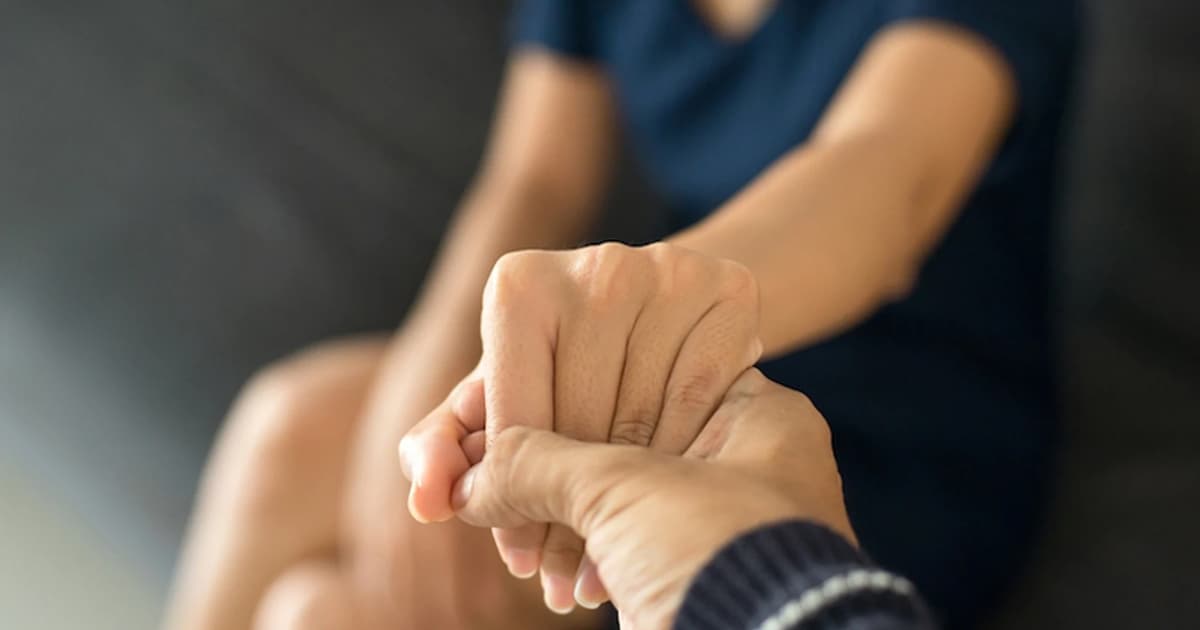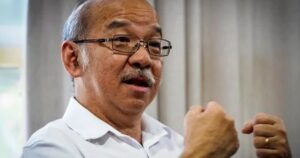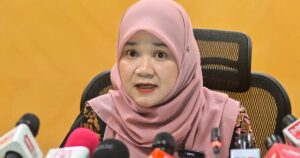
Support for those who have lost loved ones to suicide is critical, yet Malaysia lacks services for those with this particular form of grief.
Research has shown that suicide loss survivors (SLS) are at higher risk of suicide themselves, highlighting the need for “postvention” – an organised response to help those with trauma following exposure to a suicide.
A 2022 UK survey found that 8% of SLS attempted to take their own lives as a result of their loved one’s suicide.
While grief is personal and cannot be objectively compared, SLS grief can be even more complex owing to the stigma surrounding suicide. There is also shame, anger, regret, and a sense of failure experienced by the survivor, according to licensed counsellor Lillian Bulan-Dorai.
“One big question SLS have is ‘why?’ There is confusion and self-blame. Some don’t want to participate in larger grief support groups out of fear of being stigmatised. So, I have a separate group for them to address their specific issues.”
However, not all counselling services may be willing to do the same.
“It’s an interesting question: why has the local practice of mental healthcare evolved to miss this element of grief support for SLS, when it is part of suicide prevention?” said Bulan-Dorai, whose certifications include trauma therapy and critical incidence.

“It could be that mental health professionals feel ill-equipped to address the stigma, and may also have their own judgements on the topic of suicide due to cultural and personal values.”
Mental health recovery coach Alia Ali, who experienced losing a loved one to suicide over a decade ago, said she had not been able to find local resources to help her navigate her grief.
From her own research, she learnt about postvention but found few healthcare professionals here who practised it.
In 2020, Alia founded Awareness Against Suicide (Awas) Malaysia to provide grief support to SLS, and later received funding to attend training on postvention in the UK.
To her knowledge, Awas is the only SLS grief support group in the country run by facilitators with lived experience.
“Counsellors or facilitators may have knowledge and skills, but without the personal trauma of suicide loss, it may be hard to guide others through the grief process,” Alia explained.
Dealing with self-blame
When Awas began, there were only “two or three” SLS who sought grief support. The numbers have since grown, Alia said, with 16 being the largest group she has facilitated.

“There is more awareness now, but many are still ashamed. They need to be reminded that it is not their fault.
“Suicide is a multifactorial and complex phenomenon. It is too simplistic and unfortunate when the media report on suicides by saying, for example, that the person killed themselves after a relationship breakup – as if that were the only cause.
“A particular incident is usually the final straw added to the weight of many other factors,” she said, noting that these included biological factors, such as mental illnesses and long-term, compounded stress.
Bulan-Dorai added that survivors need help to “process” a loved one’s suicide, especially if they “perceive that the suicide was a message to them”.
“SLS need help to see the options their loved one felt they had, and understand that they wanted to end their pain, not their life.”
Former Awas volunteer Abang Ikram agrees that SLS must be often reminded that their loved one’s suicide is not their fault.
“It will take time, but that is the value in being part of a support group. You hear how others deal with their grief and, together, you process the issue of responsibility.”
The trained mental-health first aider, who is both a suicide survivor and SLS, found healing in advocacy for suicide prevention and support for others.
“We turn our pain into purpose and honour the memory of our loved one lost to suicide,” he said.
Supporting SLS with their grief
Befrienders Kuala Lumpur executive director Kenny Lim said they ran group grief support for SLS for 1.5 years, but response was poor and the programme ended before the pandemic. He noted, however, that there had been requests for individual sessions.

“A support group may be uncomfortable and difficult for many SLS. There is a need to create more awareness on group benefits, where individuals can share personal stories in a safe space and provide support for one another,” Lim said.
Befrienders KL hopes to resume the group support programme, called Healing Connections, in the future.
Meanwhile, friends and loved ones should be alert to signs of suicide risk, such as extreme changes in one’s mood and behaviour, including eating habits and prolonged withdrawal, Lim added.
When talking to survivors of suicide loss, he said the principles of safe, non-judgemental listening apply. “Give them the time and space to grieve and to feel their feelings. Suppressing guilt and self-blame will not help.
“Show unconditional acceptance, empathise and validate their emotions: that whether guilt or anger, it is OK to feel.
“Invite them to share their pain. When you are able to listen without judgement, you help lessen any isolation and helplessness they might feel.”
Lim further pointed out that, as grief is expressed differently, some people may not want to talk. Allies can instead offer practical help, such as helping with household chores or meals.
If you or someone you know is struggling with mental health issues, seek help. Talk to someone you trust or call Befrienders at 03-76272929.
Connect with Awas on Facebook and Instagram.
Deborah Loh is a freelance writer.






